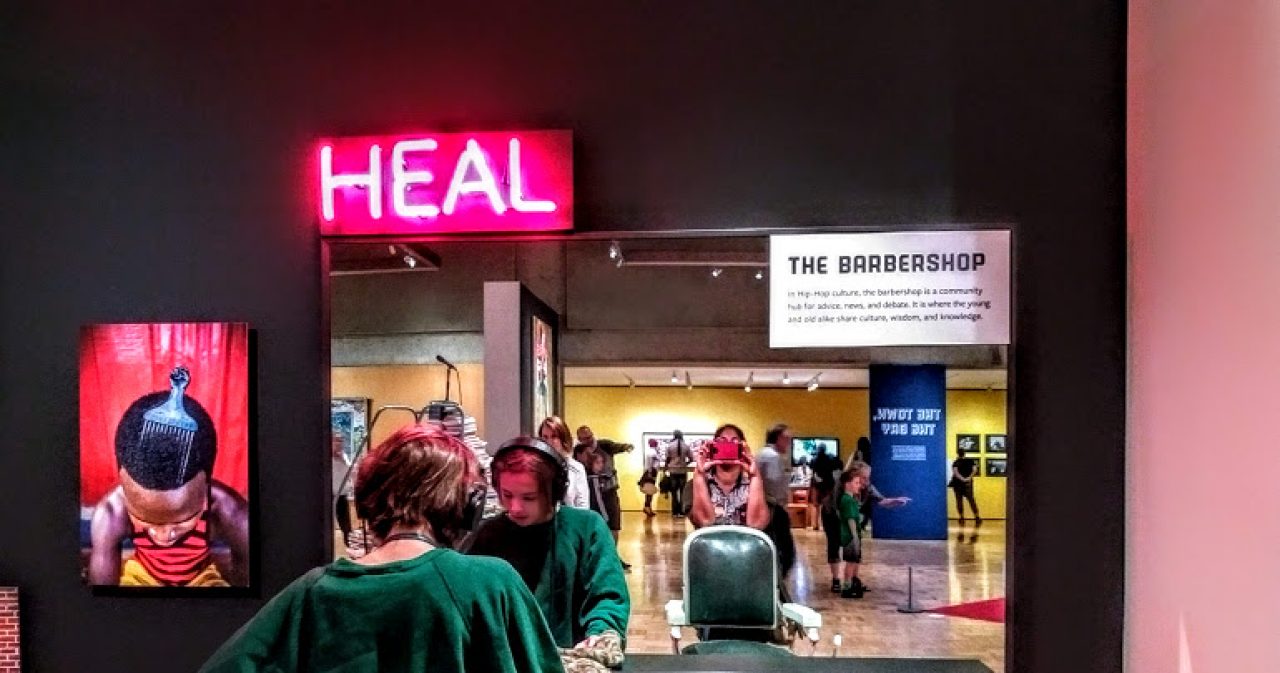Published in New Age Eid Special, September 2009.
(Excerpt)
Firoze and Shahanaz had moved into this four-storied building three months after their marriage fifteen years ago. They inhabited the topmost flat; it was comparatively cheaper because it had only one bathroom. Of course now that the boys were growing up, they needed more space, but where would that extra bit of rent-money come from?
The plot next door had lain vacant ever since they had come here; a dispute among the heirs precluded anyone from actually living there peaceably. Leaving Firoze and his family some much needed peace (if not quiet) and an uninterrupted view of the debris filled green optimistically called a park by the city corporation and a dumpster by the more realistic locals.
A year and a half ago, however, the dispute seemed to have been settled. For days there were men on the plot, walking, measuring, squinting upwards blindly at the noonday sun. Then one day Firoze had returned from work to a seemingly bottomless chasm in the dark ground and to Shahanaz’s breathless report that the quarreling siblings had relaxed hostilities enough to hand over the plot to an agency to build a high-rise. It was going to be an including-all-mod-cons, eight-storied apartment complex and would completely dwarf their old fashioned building.
Her breathless tone, flushed cheeks, shining forehead as she talked about the building reminded Firoze of bygone days—days that were pre-children, pre-debt, pre-never ending responsibilities. His heart saddened and coiled in upon itself at the same time as he watched her vicarious pleasure at the construction of other people’s houses. To distract himself from memories that were confusing as well as painful, he went out to stand beside the excavated earth with the other curious and hopefuls of the neighbourhood (for wasn’t it the dream of all middle-class householders to scrape, scrounge and cadge enough to buy a few hundred square-feet of home-ownership in any of the multitude of so-called apartment complexes mushrooming everywhere?) and talk about inflation, corruption and exorbitant household costs.
Firoze received regular updates about the building from Shahanaz whether he wanted them or not. Thus he knew that one man had fallen from the scaffolding and broken a leg, the banker downstairs had bought one of the cheaper apartments and another man had caught his wife (working there as well) in flagrante delicto with a fellow bricklayer.
“It’s almost two lakh taka less because it’s right above the generator.” Shahanaz told him one night. Firoze lay silent, dreading the unvoiced yearning in his wife’s tone. There was a brief pause before she added, “The noise wouldn’t bother me all that much. Not if we owned an apartment there.” The fragile sighs that had remained imprisoned within evanesced in the desperate silence of the night, like body-warmth in a solitary bed.
Firoze had been buying cigarettes from the stall opposite their gate the next afternoon, when the banker’s new car rolled by. “He’s had a promotion,” said the stall-owner nodding towards the disappearing taillights. “He’s getting loans for everything now. That car cost thirteen lakh taka, and then twenty eight more as down-payment for that flat.” The man spat betel-leaf juice on to the street staining it like yesterday’s blood and turned to serve another customer. Instead of crossing the street and going home, Firoze had gone off to Ramna Park as had been his custom once upon a time and spent the evening guzzling peanuts and watching couples. And now the building was up and the people were in.
At lunch Firoze told Shahanaz about their new neighbours. “Hardly neighbours.” She replied, “They’re not even in the same building. They won’t peek in here even to blow their noses.”
Firoze tried to explain, “Oh I didn’t mean neighbour in that sense. But they’re so near, we can see right into their apartment.”
“Oh, is that what you’ve been doing all morning? Weren’t you supposed to be filing all the utility bills in order? If I have to do that as well…”
Firoze was saved from having to answer by his sons.
“Ammu, do you know what we saw…” before Saeed could finish, Erfan chipped in, “They’ve got everything, even a washing machine! Saeed didn’t know what it was at first, I figured it out.”
A domestic viciousness seemed to take hold of Shahanaz. Her mouth looked breakable: not fragile, but frozen. As if an upward curve, a breaking into a smile would literally do that, break her face. “We’re never going to be able to live somewhere like that,” she said, “your father couldn’t possibly afford it. Go and stare as much as you want, the windows are free aren’t they? This eye-pleasure is all you’ll get in life.”
“But Ammu…” Erfan began aggrievedly. Shahanaz shouted at her son, “I don’t want to hear about them. Okay? I don’t care how many computers or machines or whatever they have. I don’t know those people and that’s it.” Erfan was stunned into silence.
The sound as the maid scraped the bottom of a burnt cooking pot in the kitchen was no harsher than Shahanaz’s voice. Firoze did not dare tell her that the hands of the woman from the other apartment had looked familiar.
